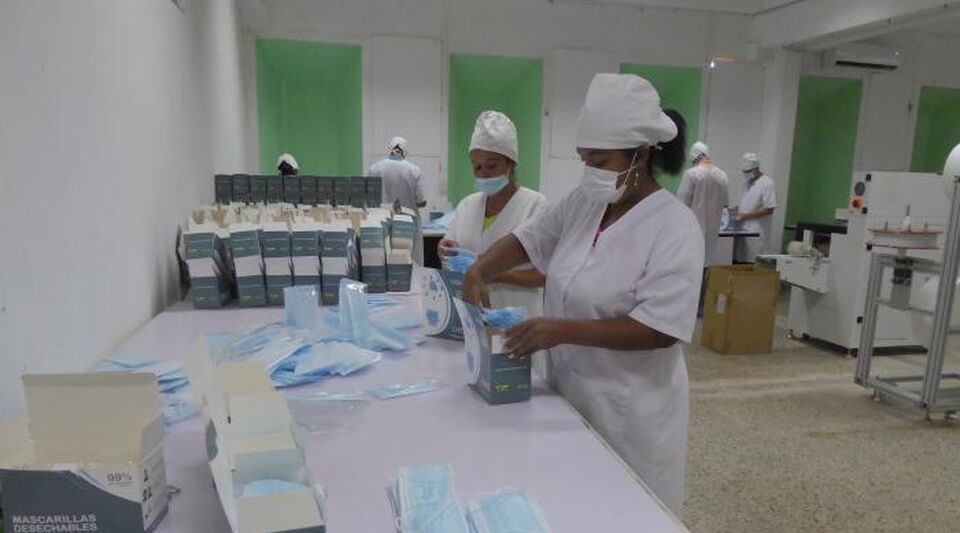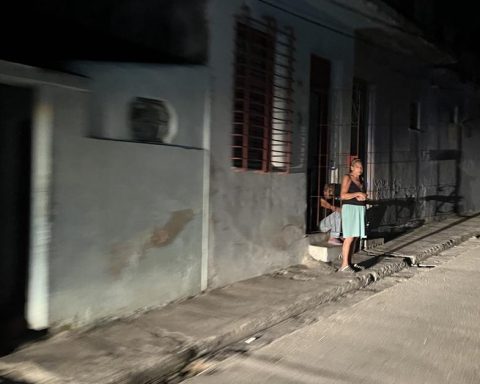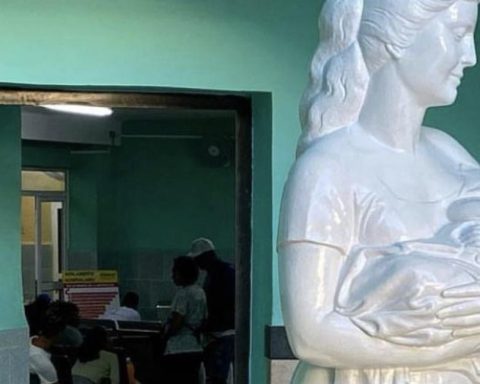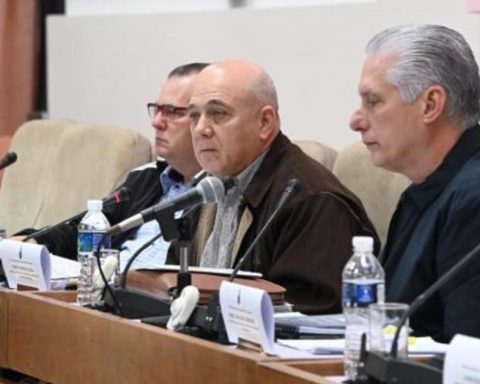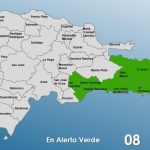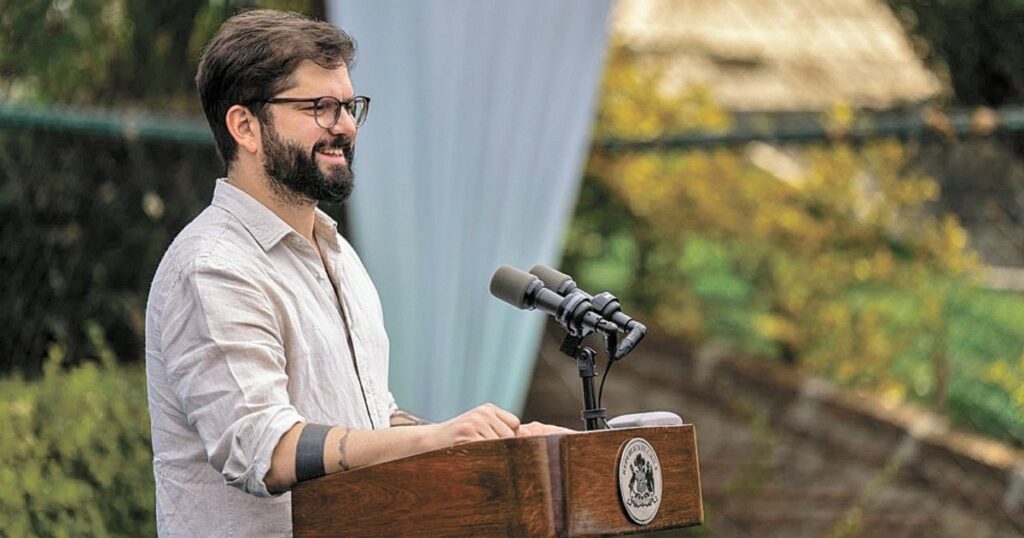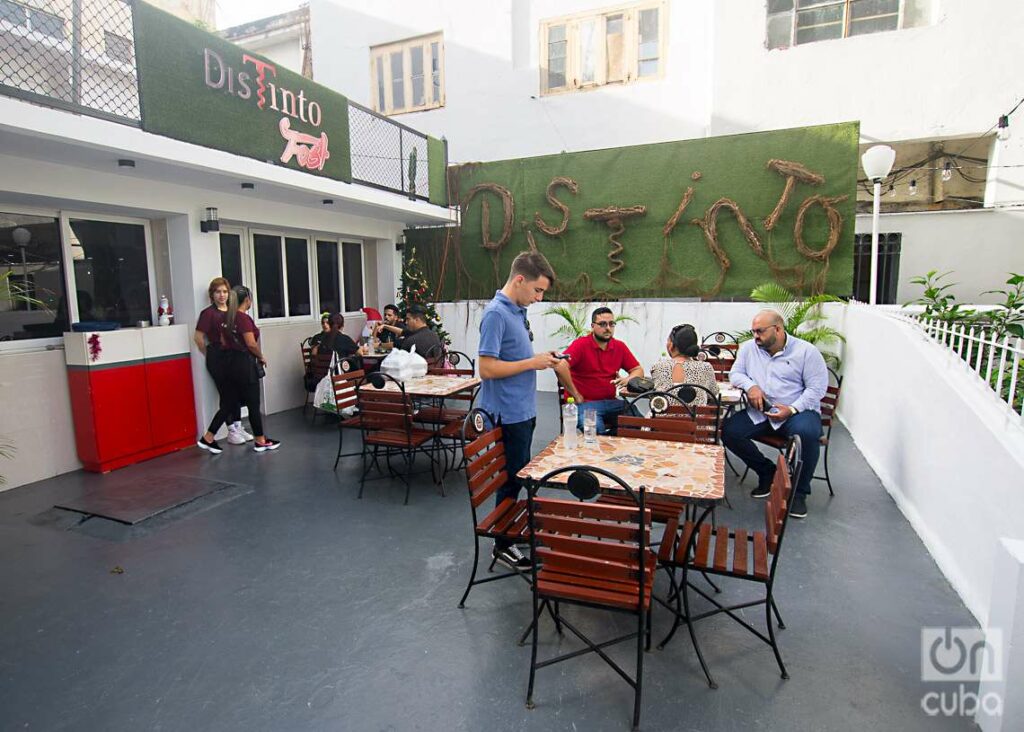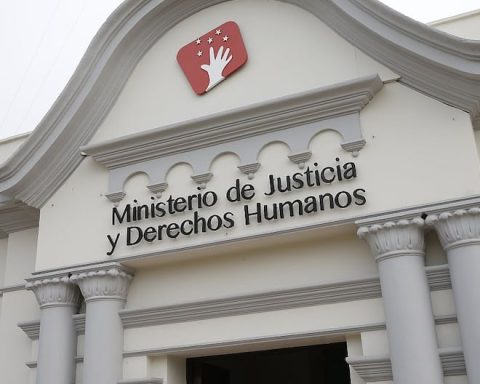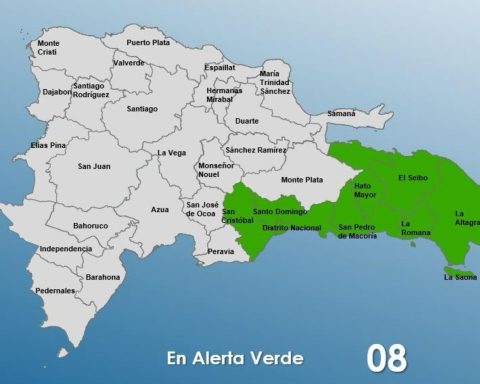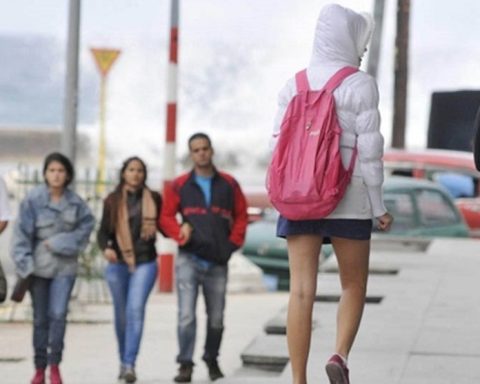The blueish Cuban girls pile up in the Gardis warehouses. The plant, located in Matanzas, already accumulates 300,000 units of masks and, although there is raw material to make half a million more, its fate seems doomed to the point that “there are those who question the point of keeping said factory active.” Question Granma.
The Unimoda company, belonging to the Gardis group, began to produce nationally-produced masks after a huge and catastrophic chain of penalties. The process took so long that, when the azulitas arrived at the stores, the pandemic was already on the way out and now their only option seems to be their incorporation into the Health system, a position currently held by the state-owned Medical Supplies Company (Emsume), that imports them, above all, from China.
Omar Tápanes Hernández, general director of the business group, explained to the official press that, if the country deems its contribution necessary, the masks will continue to be manufactured, although his statements show that for this he will need to secure raw material in a stable manner.
If the country considers its contribution necessary, the masks will continue to be manufactured, although its statements show that for this it will need to secure raw material in a stable manner.
If this condition is met, “it would be possible to cover the needs of the Health system for a long time and even export some three million masks each month to countries in the area,” the text reads. “We have the equipment and a young and already qualified workforce,” says the official.
Tápanes Hernández maintains that “the resources generated” have managed to cover the investment, but the managers have never given signs of a significant sale of the masks and the quantities accumulated in the warehouses or the excess of raw material – a novelty on the Island. they seem to support the failure of the blues.
During the outbreak of the pandemic, in 2020, and in the midst of a global fight to get the coveted masks, Cuba advertisement to hype and cymbal that “for the first time” it would manufacture its own “disposable, hygienic and surgical” masks. The process, they said then, would allow the country significant savings in imports. “At an average of 46 cents on the dollar, Cuba imports them, it would only cost six cents to make them at home,” said the then director of Gardis, Diosdado Abreu Falcón.
Thus, Lway Aboradan, a Syrian living in Cuba since 1994, won the contract bid. His proposal came as soon as the pandemic broke out in the West, in March 2020 and, although his intention was to associate with the Government, the bureaucracy led him to make the decision to only be a supplier of machinery and raw materials. In addition, although his disbursement was in foreign currency, he had to initially accept charging –little by little and depending on the sale– in CUC and, with the Ordinance Task, in Cuban pesos.
In October of 2021, he regretted not having seen a penny yet and recounted a whole series of disappointments, among which were the poor handling of the machinery or the problems in training the employees -by videoconference-, which infinitely delayed the start-up process. At that point, shortly after starting production, they already had 250,000 surgical masks collecting dust, because not a single one had left the premises.
Months later, already in April – the mandatory use of masks was eliminated on the Island on May 31, with the exception of health services – Unimoda exposed the extraordinary situation of low demand, mainly motivated because its main recipient, the Public Health system, already had its needs covered with Emsume, which at that time already had normal availability.
Emsume is the marketer of medical materials, integrated into the state group Medisol, and according to its own data it imports 95% of its products, most of it from China.
Emsume is the marketer of medical materials, integrated into the state group Medisol, and according to its own data it imports 95% of its products, most of it from China. The national invoice, finally, did not suppose the main expected advantage since, according to Unimoda, those that Emsume brought were also cheaper.
Thus, the sale was restricted almost exclusively to tourism, to other organizations and online sales. The company claimed that the trade had to be in freely convertible currency (MLC) to support the import of raw materials and its price ranged between 10 and 12 cents. Although he did not specify if the cost was for sale or manufacturing, it was already almost double the amount announced by Abreu Falcón. “In total, we have about twenty clients, including distribution to the population in national currency,” said Maribel Rodríguez Argüelles, director of Unimoda.
Granma He wondered why masks of lower quality than those of Unimoda were still seen on the street, although a reader blurted out with clairvoyance then: “The demand of the population was supplied by private vendors. Their action was very delayed, like the article journalistic, after so many months”.
This Thursday’s note in the official press, dedicated to remembering that there are still cases of covid-19 and we must not let our guard down, affirms, however, that the company contributed “in the confrontation with the SARS-COV-2 coronavirus in the province”. The explanation makes something clear: that the brand new masks made in Cuba have barely left Matanzas.
________________________
Collaborate with our work:
The team of 14ymedio He is committed to doing serious journalism that reflects the reality of deep Cuba. Thank you for accompanying us on this long road. We invite you to continue supporting us, but this time becoming a member of our newspaper. Together we can continue transforming journalism in Cuba.
